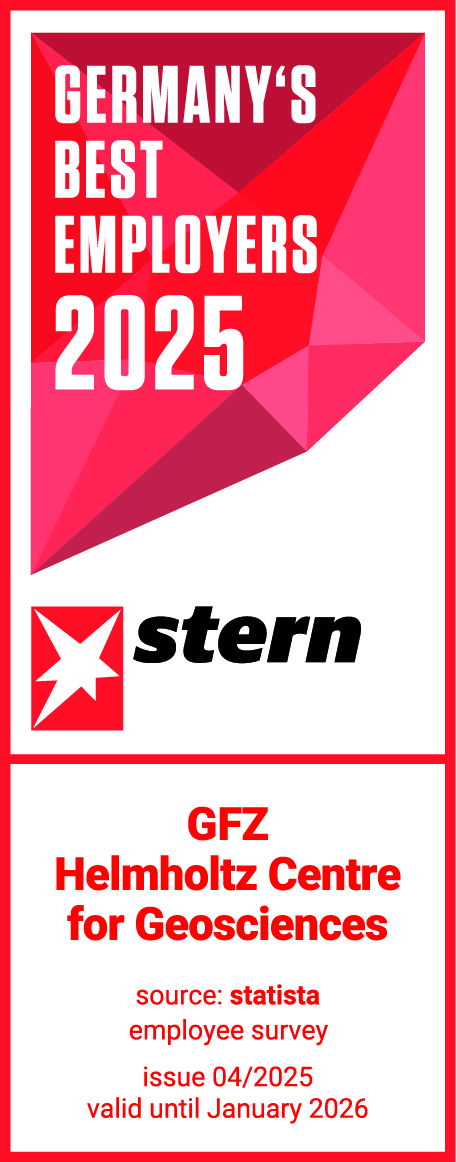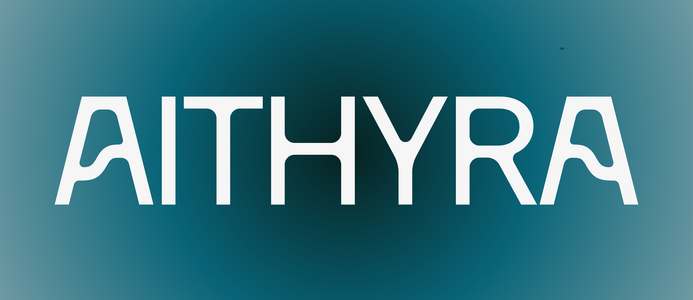The functionality of our website is currently limited - reload the page if this message is still displayed after a few seconds.

Research Scientist (f_m_x) for GRACE-FO Level-1 Software Development
GFZ Helmholtz Centre for Geosciences
Temporary
Full Time, Part Time
Apply by: 2025-11-16
Published: 2025-11-04
Weßling-Oberpfaffenhofen


Research Scientist (f_m_x) for GRACE-FO Level‑1 Software Development
Reference Number 10837
– The position is subject to funding approval – GFZ is part of the US–German GRACE Follow-On Science Data System. We run the Ny-Ålesund ground station to ingest Level‑0 raw satellite data and generate the Level-1B correction model for short-term atmospheric and oceanic mass variations. Like our US partners Jet Propulsion Laboratory (JPL) and Center for Space Research (CSR), we compute monthly Level‑2 gravity fields (spherical-harmonic coefficients) and deliver fully corrected, gridded Level‑3 mass-transport products to national and international users. At present, JPL exclusively produces the fully corrected Level‑1B instrument data (e.g., GPS time tagging, atmospheric/instrument corrections, outlier handling, down-sampling from Level‑1A) used as inputs to Level‑2. To build a full backup for GRACE-FO, GFZ is developing its own Level‑1A/Level‑1B processing software and is looking for two versatile and motivated research scientists with strong programming skills and a solid background in physical geodesy and satellite instrumentation. As part of the GFZ GRACE-FO SDS team, you will design, implement, and validate L1A/L1B processing chains and collaborate across a multidisciplinary team. Join us in this mission. We are looking for people with substantial experience, proven independence, and a track record in scientific programming and satellite-geodesy data processing, ideally at the postdoctoral level or with equivalent professional experience. Either a postdoctoral scientist or a research scientist can fill the position. Please see the specified qualifications below. Your responsibilities:- Perform precise orbit determination using GFZ´s inhouse developed EPOS (Earth Parameter and Orbit System) software to derive correct time tagging products (CLK1B) meeting GRACE-FO project requirements
- Develop software to derive Level-1B products for the main GRACE-FO instruments (GPS, K‑band ranging [KBR]/Laser ranging interferometer [LRI], star cameras, and accelerometer) from existing Level-1A data using modern programming standards, based on existing Level-1 documentation provided by the GRACE-FO project
- Implement and document numerical algorithms for calibration, synchronisation, and data transformation in a modular, traceable workflow
- Validate Level-1B outputs, including spectral and statistical quality assessments and comparison against Level‑1B products generated by JPL
- Integrate and verify results using GRACE-FO Level‑2< analyses in collaboration with other SDS team members
- Maintain clear documentation, version control, and reproducible build environments using HPC module systems (Lua-based Lmod).
- Support progress reporting and software delivery within the project framework
 Your qualifications:
Your qualifications:
- Master`s degree (or equivalent) in Geodesy, Physics, Mathematics, Computer Science, or a related discipline
- PhD or equivalent professional experience, demonstrating the ability to work independently on complex scientific software, would be appreciated, but is not mandatory
- Proven programming experience in at least one compiled language (e.g., C++) and Python, with the ability to read and extend existing Fortran codebases
- Familiarity with numerical methods, data handling, and instrument modelling (ideally related to GPS, KBR/LRI, star camera, and accelerometer data)
- Understanding of coordinate systems and transformations (ITRF, ECI/GCRS, RTN) and of how satellite instrument data quality propagates to resulting science products
- Experience with Linux and HPC environments and module-based workflows; knowledge of Lua module files is desirable
- Good command of English (written and spoken) and at least a basic understanding of German to follow internal discussions and documentation
- Strong sense of responsibility, initiative, and ability to collaborate in a multidisciplinary team
- Strong ability to work both autonomously and as part of a team
What we offer:
- Ambitious and varied tasks in a dynamic and international research environment
- State-of-the-art equipment
- Public service benefits
- Extensive training opportunities
- Professional career advice offered by our in-house Career-Centre
- Flexible working hours and conditions
- Support with finding a good work-life balance offered by benefit@work
Start date:
1st January 2026
Fixed term:
The project duration is fixed to three years and may be extended depending on available budget.
Salary:
The salary group is determined based on the Collective Wage Agreement and the respective personal qualifications and may be classed up to salary group 13 according to “TVöD Bund (Tarifgebiet West)”.
Working hours:
Full-time (currently 39 h/week); The position is generally suitable for part-time work.
Place of work:
GFZ outer branch Oberpfaffenhofen (near Munich)
Additional actions
Receive similar jobs by e-mail?
Subscribe to our job mail!
Similar Jobs

Top Job
Postdoctoral Positions (f/m/d) available in 4 Starting Principal Investigator Groups at AITHYRA, Vienna
AITHYRA GmbH - Research Institute for Biomedical Artificial Intelligence of the Austrian Academy of Sciences
Wien
2025-10-26

Scientific Researcher (f_m_x) - GNSS Remote Sensing
GFZ Helmholtz Centre for Geosciences
Potsdam
2025-11-05

Scientific Researcher (f/m/d) AI-Based Replacement of Chemistry-Climate Simulations with a Mathematical Focus on Model Understanding and Optimization
Karlsruher Institut für Technologie (KIT)
Eggenstein-Leopoldshafen
2025-10-30
